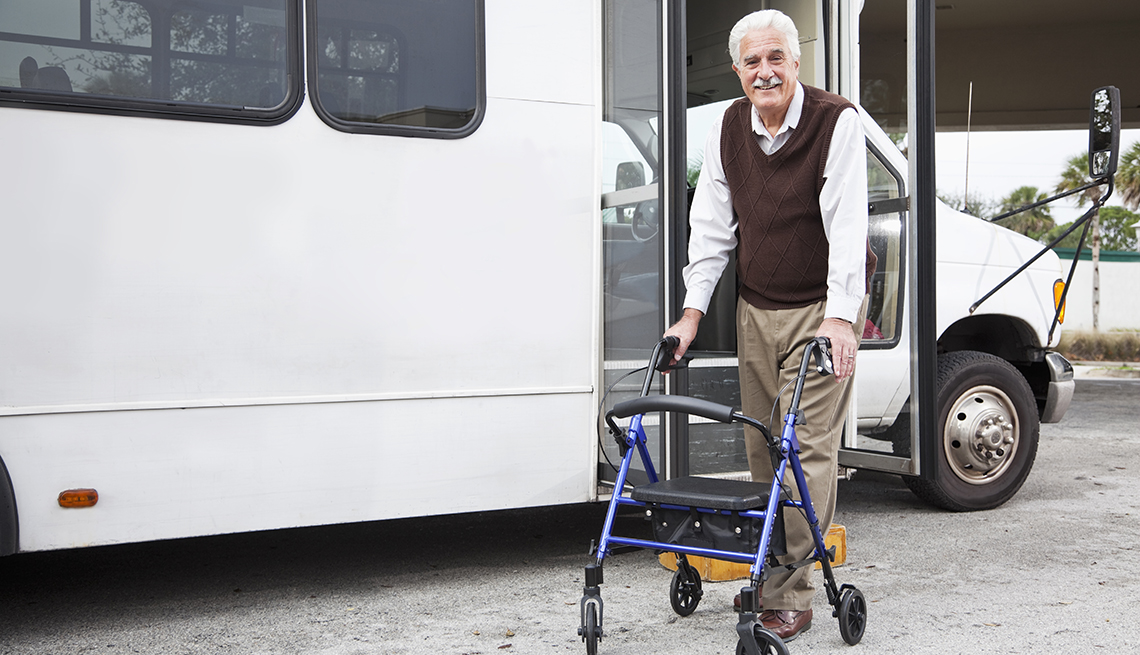Efficient Medical Transportation Services Near Me: Your Easily accessible Remedy
Easily Accessible and Affordable Medical Transport Options for Seamless Health And Wellness Support
In the world of healthcare, the accessibility and cost of clinical transport are critical in making certain individuals can access the treatment they need when they require it. The ability to flawlessly navigate transport choices can significantly affect an individual's capacity to receive prompt medical interest, follow-up treatment, and general health. From non-emergency medical transport services to ingenious solutions like telehealth, the landscape of medical transport is evolving to satisfy the diverse requirements of people. Taking into consideration the significance of this element in health care delivery, exploring the variety of options readily available becomes crucial for dealing with voids in accessibility and cost.
Non-Emergency Medical Transportation Provider

These services are staffed by trained professionals who focus on person convenience and security throughout transportation. Drivers are geared up to deal with individuals with differing clinical demands and ensure that all journeys are hassle-free and smooth - Medical Transportation Services Near Me. Furthermore, non-emergency clinical transport services typically use customized vehicles that are wheelchair-accessible, making them appropriate for a large variety of individuals with various wheelchair needs
Volunteer Driver Programs
Volunteer chauffeur programs are important in offering transport help for people seeking non-urgent healthcare. These programs depend on the kindness of volunteers that donate their time and cars to help transport individuals to and from clinical consultations. By using volunteer vehicle drivers, organizations can provide a cost-effective remedy for individuals that may not have accessibility to dependable transportation.
One of the essential benefits of volunteer vehicle driver programs is the customized treatment and focus that people obtain. Unlike typical transport services, volunteer vehicle drivers commonly develop a rapport with the people they aid, producing a supportive and compassionate environment during what can be a stressful time. Additionally, volunteer driver programs can help bridge the gap for individuals residing in rural or underserved areas where public transport choices might be limited.
Public Transportation Options

Among the key advantages of public their website transportation is its widespread accessibility in country and urban areas alike. This considerable network allows clients from diverse backgrounds to take a trip to clinical consultations with loved one simplicity. In addition, mass transit systems are usually geared up to fit people with impairments, supplying accessible travel choices for those with flexibility difficulties.

Ride-Sharing and Transportation Network Business
The evolution of contemporary transport alternatives for like this medical purposes prolongs past typical public systems like trains and buses to incorporate the innovative world of ride-sharing and transportation network companies. Ride-sharing services such as Uber and Lyft have actually revolutionized the way people take a trip to medical visits, using comfort and versatility to individuals who may not have accessibility to their automobiles or standard public transport. These platforms enable users to request an adventure with the touch of a switch on their smart devices, giving door-to-door solution that can be especially useful for individuals with wheelchair difficulties or those needing support.
Transportation network firms (TNCs) have also played a significant duty in linking the space in medical transport services. Companies like Veyo and RoundTrip concentrate on non-emergency clinical transportation, satisfying individuals who require a greater level of aid throughout their journeys to clinical centers. By partnering with doctor and insurance providers, TNCs make original site sure that clients can access prompt and trustworthy transportation solutions, ultimately adding to improved wellness results and person fulfillment.
Telehealth and Virtual Appointments
Enhancing medical care ease of access and ease, telehealth and virtual examinations have emerged as crucial components in modern-day medical methods, revolutionizing the method people communicate with medical care service providers. Telehealth leverages modern technology to facilitate remote communication in between people and healthcare experts, supplying a broad variety of solutions such as virtual assessments, remote surveillance, and digital prescriptions. Virtual assessments allow people to look for medical guidance, medical diagnosis, and therapy from the convenience of their homes, removing the need for physical check outs to health care centers. This strategy not just conserves time and reduces transport expenses for patients however likewise improves the general performance of medical care delivery.
Furthermore, telehealth plays an important role in extending clinical solutions to underserved communities, backwoods, and people with restricted movement. By damaging down geographical obstacles and enhancing medical care outreach, telehealth promotes early intervention, connection of care, and patient involvement. As innovation continues to breakthrough, telehealth is poised to play a progressively significant duty in shaping the future of medical care shipment, fostering better health and wellness outcomes and person fulfillment.
Conclusion

From non-emergency clinical transportation solutions to innovative remedies like telehealth, the landscape of medical transportation is progressing to meet the varied needs of people.Non-Emergency Medical Transportation Provider assist in the prompt and safe transport of people needing non-urgent clinical care to and from health care centers.The development of modern transport options for clinical objectives prolongs past conventional public systems like trains and buses to encompass the ingenious world of ride-sharing and transportation network firms.Transport network companies (TNCs) have additionally played a significant function in linking the gap in clinical transport solutions. Non-Emergency Medical Transportation Providers, Volunteer Driver Programs, Public Transportation Options, Ride-Sharing and Transport Network Firms, and Telehealth and Virtual Consultations all play an important duty in attending to transport barriers to health care accessibility.